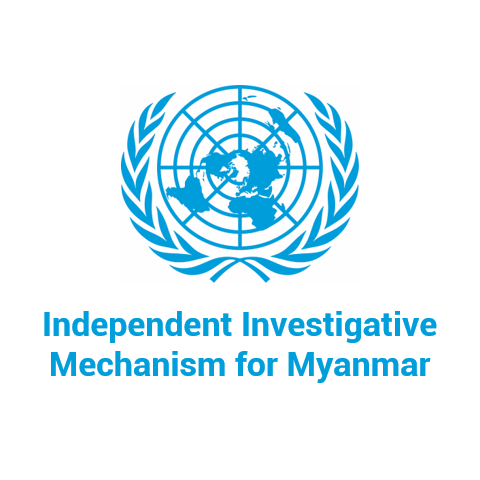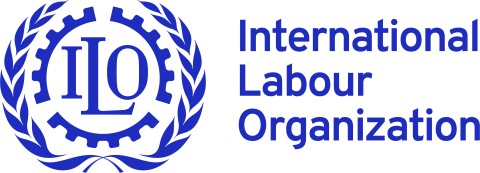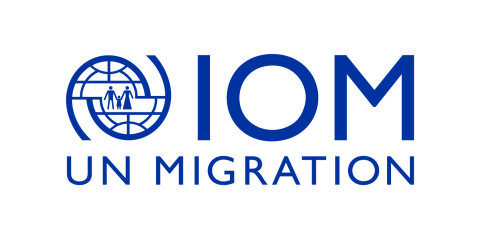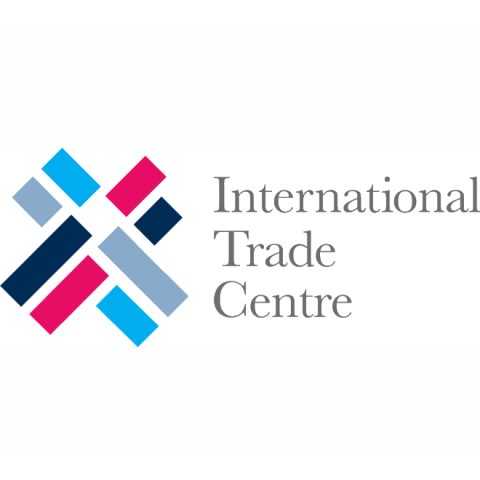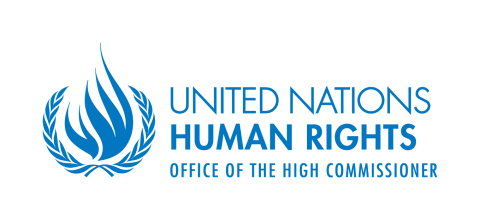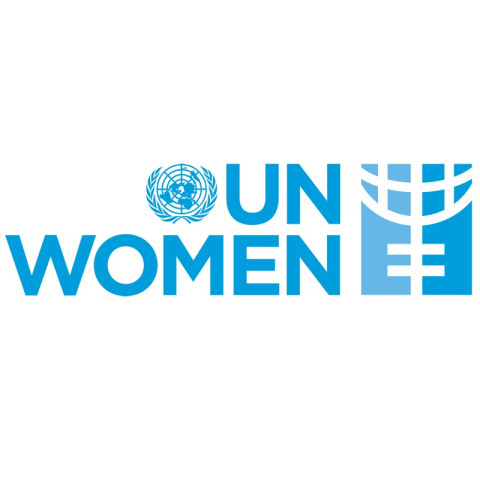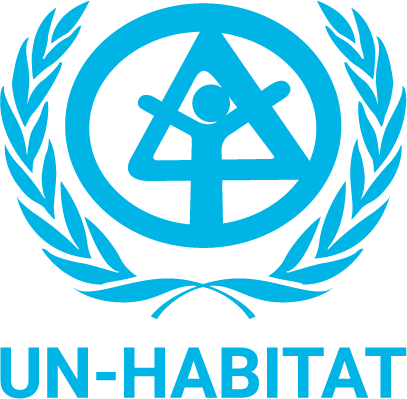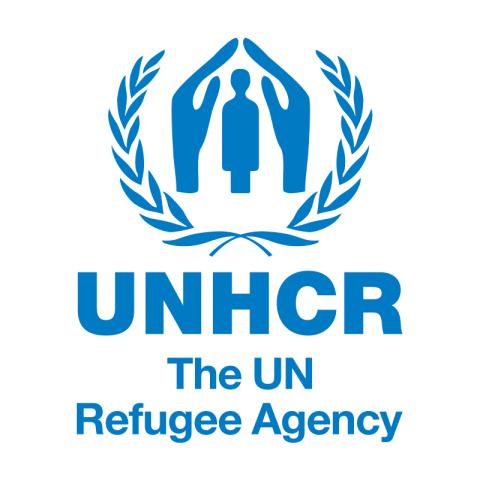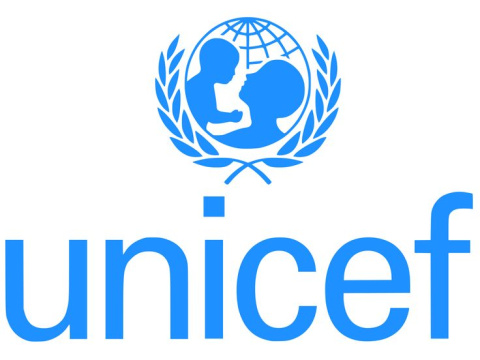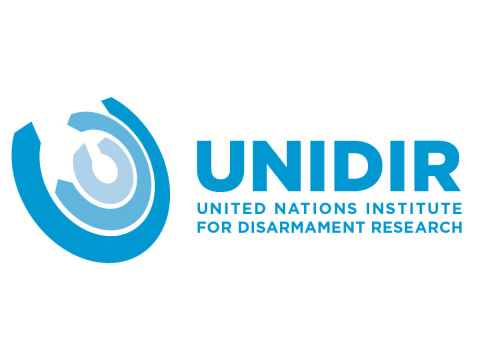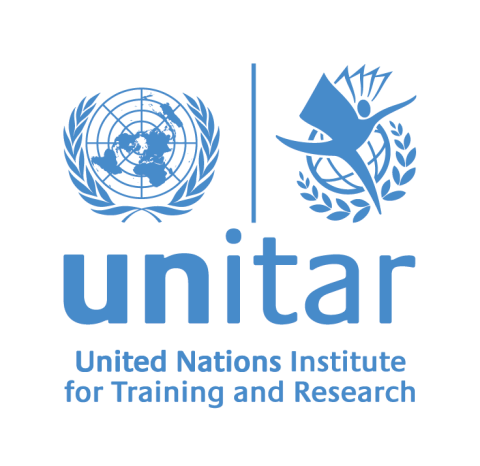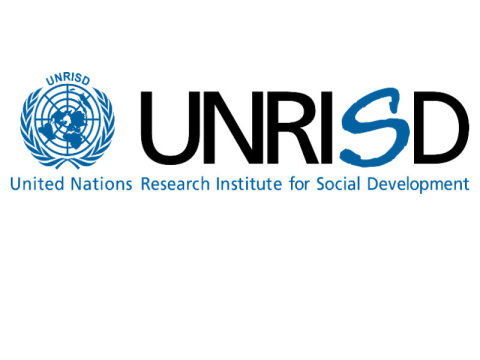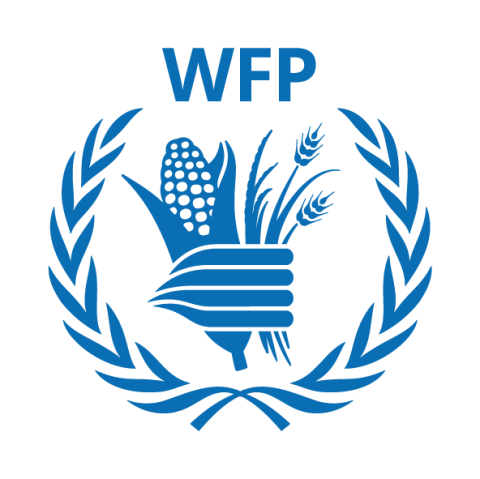
Breadcrumb
Defining human rights
Universal Declaration of Human Rights (1948)
The 30 articles written down in the Universal Declaration of Human Rights mark the first international agreement ever on people's rights and liberties. They span from the most basic, the right to life, to the right to non-discrimination and equal treatment and much more specific situations, such as the right to equal protection before the law, the right to leasure, or the right to move freely within and outside of one's country.
The Declaration itself is not a legally binding document but a joint commitment of States. It has, on the contrary, inspired more than 80 international human rights treaties.
The International Covenants (1966)
The International Covenant on Economic Social and Cultural Rights and the International Covenant on Civil and Political Rights further elaborate on many of the concepts already touched by the Universal Declaration of Human Rights. They are binding for States who ratified the Covenants, and these States commit to translating them into national laws. They include, e.g., the right to privacy, freedom of religion and belief, or freedom of expression (civil and political rights), the right to social security, education or freedom from hunger (economic, social and cultural rights).
Human rights treaties (since 1965)
The International Covenants form part of the nine core human rights treaties, the other seven being:
- International Convention on the Elimination of All Forms of Racial Discrimination (1965)
- Convention on the Elimination of All Forms of Discrimination against Women (1979)
- Convention against Torture and Other Cruel, Inhuman or Degrading Treatment or Punishment (1984)
- Convention on the Rights of the Child (1989)
- International Convention on the Protection of the Rights of All Migrant Workers and Members of Their Families (1990)
- International Convention for the Protection of All Persons from Enforced Disappearance (2006)
- Convention on the Rights of Persons with Disabilities (2006)
The implementation of these treaties is being monitored by treaty bodies – independent experts under the umbrella of the UN who analyze State party reports and conduct country visits, follow up on individuals’ complaints, and organize discussions with Member States or human rights experts to ensure the correct implementation of the respective treaty by all its signatories.
Working hand in hand with governments
The Human Rights Council, comprising of 47 Member States, is the UN's main decision-making body on human rights matters. The Council passes resolutions which serve as guiding principles for all States (and individuals).
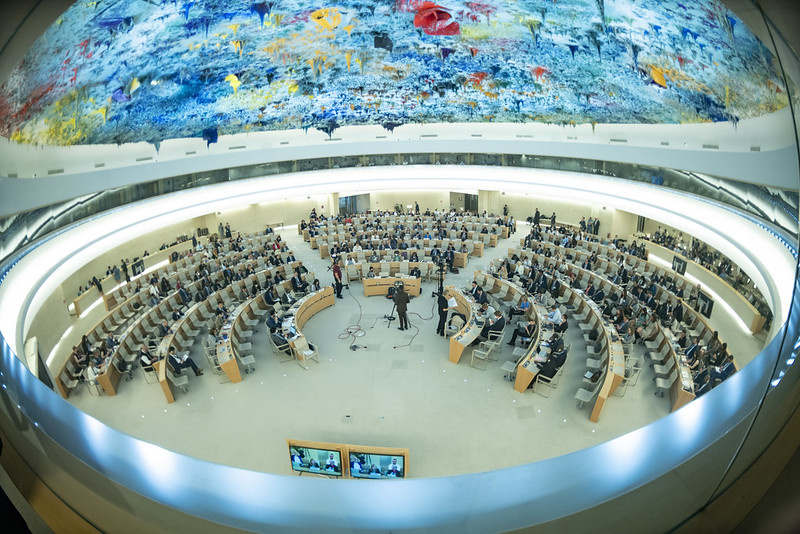
Example: On 8 October 2021, the UN Human Rights Council adopted resolution 48/13, a landmark agreement recognizing that a clean, healthy and sustainable environment is a human right. It prompts governments to develop or improve their national legislation and supports the work of all human rights defenders and environmental activists.
In its resolutions, the Council can request OHCHR to provide insights, reports and studies about a specific situation. It can also request the office to provide technical assistance to a country.
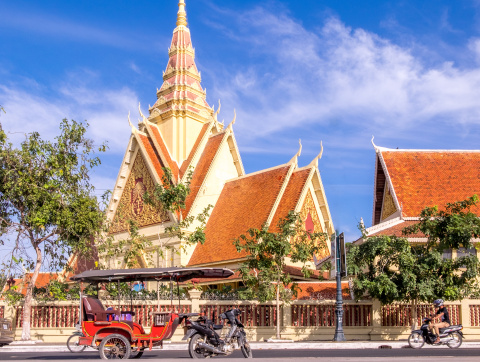
Example: In a resolution passed at its 54th Session in 2023, and in agreement with the government of Cambodia, the Council tasked the United Nations to assist Cambodia in the establishment of a national human rights mechanism to improve the countries’ legal institutions by training judges, lawyers and court staff, as well as its law enforcement entities, and to assist Cambodia to better measure its progresses in human rights issues.
Monitoring the human rights situation across the globe
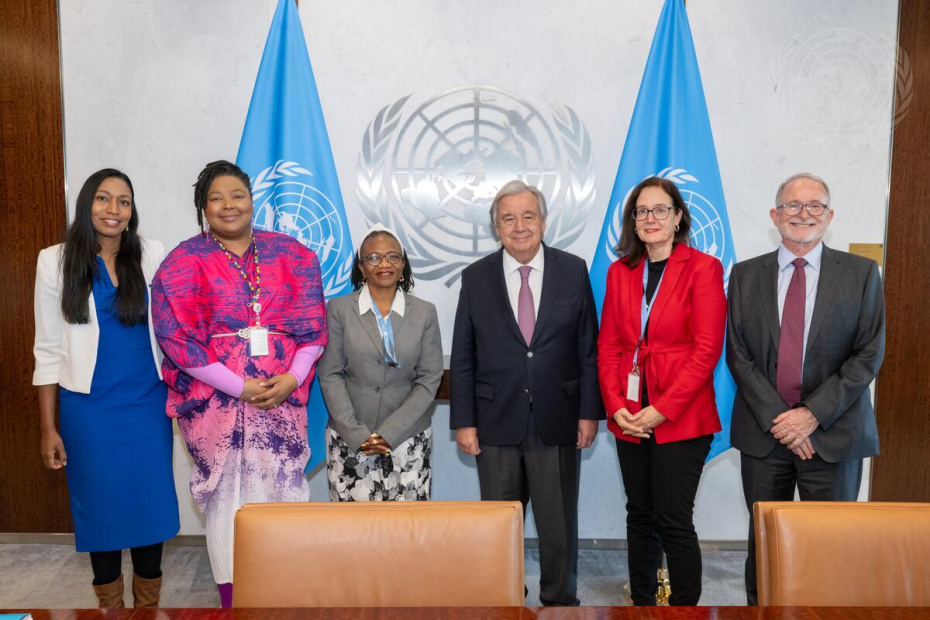
Special Procedures
The Human Rights Council appoints so-called Special Procedure mandate holders – these are human rights experts who work on a specific thematic or regional area, topics ranging from albinism to climate change to mercenaries or involuntary disappearances. The individuals or groups are usually very outspoken about human rights abuses falling under the purview of their mandate. They make public statements, visit countries to observe the human rights situation, and follow up on individual cases. Once a year, the mandate holders report their findings to the Human Rights Council, and, on demand, to the General Assembly.
These mandates receive support from the UN, in terms of staffing or coverage of travel costs. However, the positions are not paid, mandate holders are independent and not staff of the United Nations. This emphasizes their neutrality towards any actors.
Example: Armenia changes policy on creating segregated communities for poor and children with disabilities
In 2019, the Special Rapporteurs on Disabilities and on Education sent a communication to Armenia regarding the State's plans to support the construction of a so-called “Caritas City” or “Children’s City” for children and their families with low financial status or with disabilities. The experts raised concerns that this would lead to segregated communities. In its response of 10 February 2020, the Government informed the mandate holders that it had reversed its decision and stopped the implementation of the project.
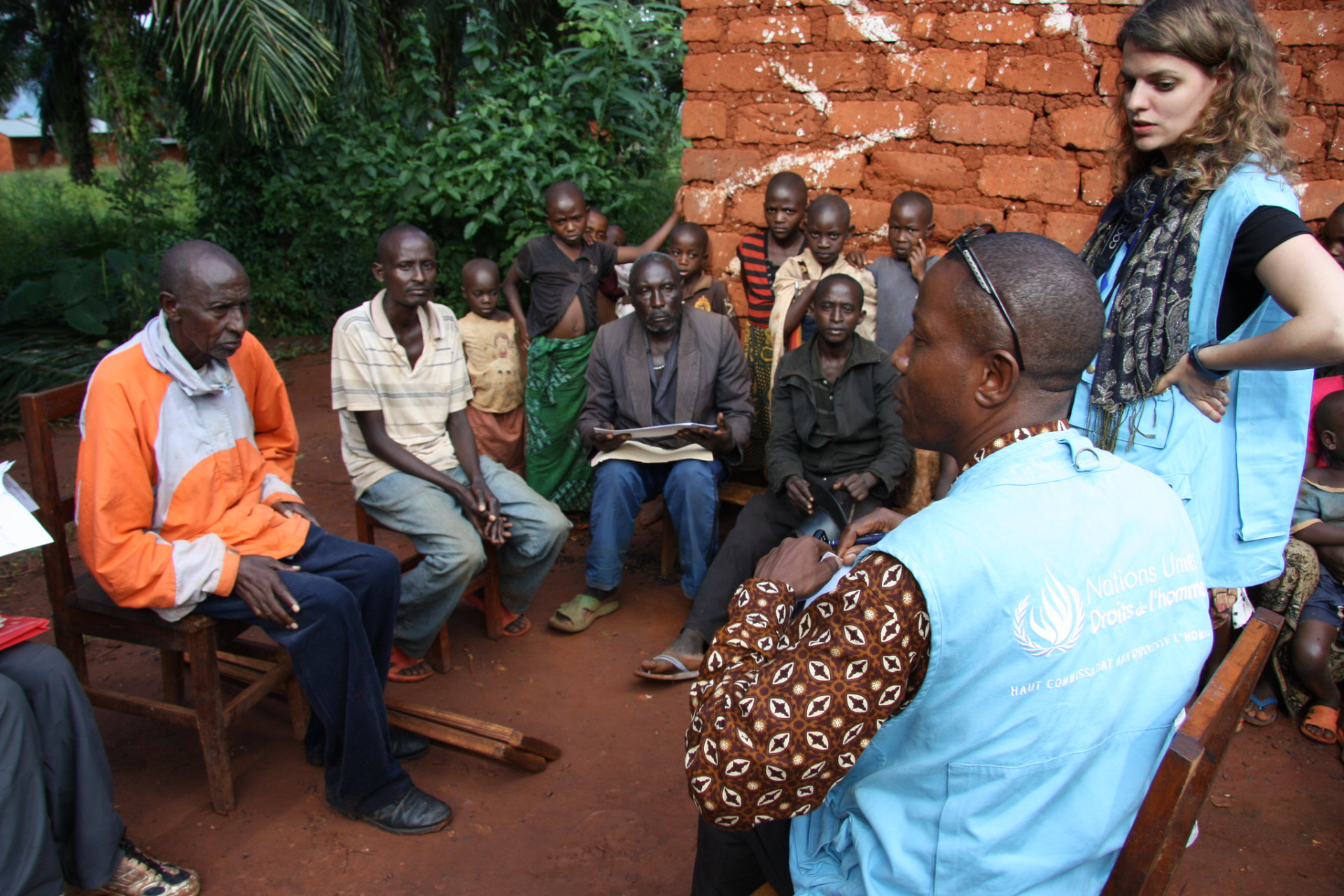
OHCHR local offices
The UN Human Rights Office has a global presence with 12 regional and 18 country offices in 2024. In addition, OHCHR is present in several peacekeeping missions, and human rights advisors are deployed to more than 40 UN country teams. The activities are manifold: human rights officers on a national level interact with the government and national structures, such as the national human rights commission or civil society organizations; they monitor the human rights situation and record violations; protect victims; and they publish human rights violations and make human rights issues known to the rest of the world.
Example: The Human Rights Office in Central Africa supported different countries in the region to submit their regular reports for the treaty bodies, the UPR and other human rights mechanisms: for many governments, being able to gather and analyze comprehensive data about the human rights situation is the first step towards addressing potential problems and thus better serving their citizens.
The Central Africa Office also trained numerous journalists in human rights reporting. As a result, more than 180 articles were published, in addition to several dozens of TV and Radio reports broadcast on human rights issues. In the longer run, this helps citizens to better understand and protect their rights.
Example: Sierre Leoone abolishes the death penalty
Universal Periodic Review
A unique system inside the UN, the Universal Periodic Review is a peer process between States. In a constructive spirit, governments commend each other for achievements in the field of human rights and give recommendation about what could be improved. Each State is under review every 4.5 years. Basis for the States’ recommendations are a national report, a UN analysis as well as a report drafted by stakeholders, such as civil society organizations. Once all recommendations have been received, the State under review publicly mentions which recommendation it will accept and work on.
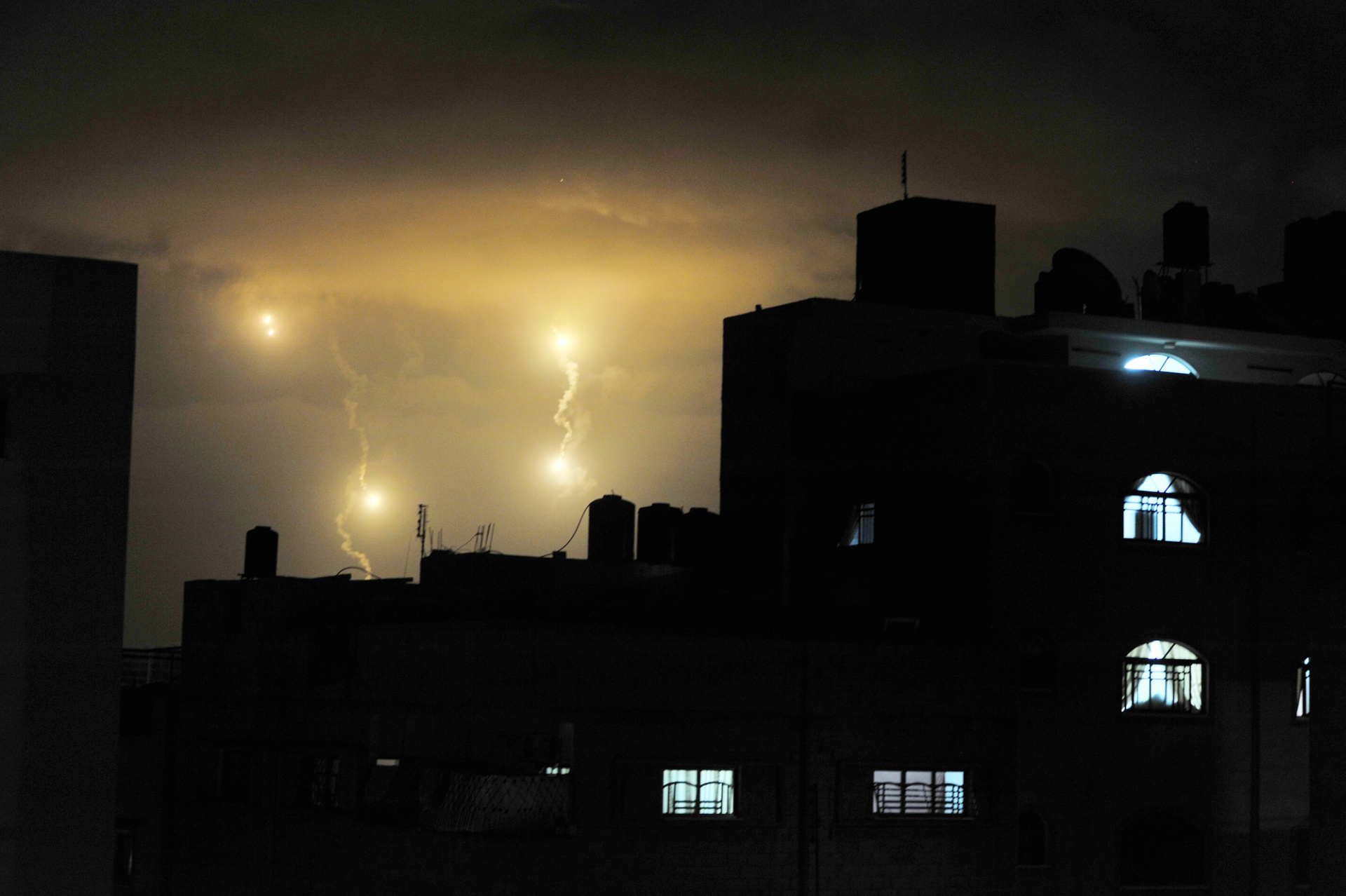
Investigations
When a country grossly violates the rights of its own citizens, the UN starts investigations. Currently, OHCHR, upon request of the Human Rights Council, investigates human rights abuses in 13 countries, spanning from Venezuela to Belarus, Syria, Sudan and Myanmar. In addition, there is an ongoing investigation about racial justice in law enforcement which is not tied to one country.
Moreover, investigative mechanisms on Syria (IIIM & IIMP) and Myanmar (IIMM) have been established by the General Assembly and are also working from Geneva.
The investigators speak to victims and witnesses, and they keep a detailed track record of incidences, including, where identifiable, the criminals who commited the human rights abuses. These records can be used to sanction a country, provide asylum or pay reparations to victims, or to indict perpetrators – either in front of an international court, or at a later point in time, when the governments’ own judicial system has been reinstated.
Example: a former high-ranking Syrian official was sentenced to life in prison by a German court for his role in torture, murder and sexual violence towards the Syrian people. He had sought asylum in Germany, but, partially thanks to evidence collected by the IIIM, the atrocities he had committed were unveiled.
Explainer: What is the “Independent Institution on Missing Persons in Syria”?
In 2023, the UN General Assembly passed a resolution to establish an Independent Institution on Missing Persons in Syria, tasked to uncover the fate of all missing persons, and to support their family members as well as survivors. Official numbers indicate that around 100,000 persons have gone missing during the 13-year civil war ravaging the country, with actual figures estimated to be much higher.
To implement this new mechanism, OHCHR has hired staff with expertise in victims’ rights and missing persons who will be starting their work in 2024.
Working on human rights: what impact does it have?
With all the bad news we see, and crises seeming to worsen by the day, is human rights work not just an effort in vain? Indeed, there is no mechanism that can enforce the compliance of a government with its human rights commitments, although many of the international human rights laws and treaties are legally binding. However, human rights work has several crucial functions:
The work of human rights officers at the UN and in other organizations contributes to shedding light on all the human rights violations that are happening, and their findings are oftentimes the basis for media reports. If there were no neutral actors on the ground to record and publish these human rights violations, they could easily be swept under the carpet.
Collecting evidence and keeping a detailed track record of all incidents and involved persons is required when eventually prosecuting perpetrators of these violations.
Many states lack knowledge or means to develop their human rights, law enforcements or court systems. The UN steps in and, as a partner, helps governments to improve their mechanisms which eventually benefits the citizens.
Through its review and control mechanisms, the UN Human Rights Office points at shortcomings in a country’s human rights records. Similarly, during the Universal Periodic Review, States put pressure on their peers to increase their efforts to protect human rights. The constructive feedback proves to be effective in that most States refer to the recommendations they received during the last review and proudly report on the progress made since then.
Where can a person or an NGO turn to when their government systematically violates their human rights? The Human Rights Office manages several complaint mechanisms which allow individuals or groups to report situations incompatible with international human rights law. These complaints, after being thoroughly vetted, may result in re-trials or compensations, in releases from prison or reduced sentences, in new policies that align with international human rights standards, or in further actions on the side of OHCHR, such as an independent investigation, technical assistance or the appointment of a Special Rapporteur to observe the situation.
Organizations working on human rights
The International, Impartial and Independent Mechanism - Syria (IIIM) was established in December 2016 by the General Assembly to assist in the investigation and prosecution of persons responsible for the most serious crimes under International Law committed in the Syrian Arab Republic since March [...]
In September 2018, the UN Human Rights Council established the Independent Investigative Mechanism for Myanmar with the mandate to collect, consolidate, preserve and analyse evidence of the most serious international crimes and violations of international law committed in Myanmar since 2011. It is [...]
The Independent Institution is a UN entity established by the General Assembly on 29 June 2023 in response to the urgent calls for action from family members of Syria’s many thousands of missing persons to determine their fate and whereabouts. The IIMP’s founding resolution mandates it to:
- Clarify [...]
Established in 1951, IOM is the leading intergovernmental organization in the field of migration and works closely with governmental, intergovernmental and non-governmental partners. IOM works to help ensure the orderly and humane management of migration to promote international cooperation on [...]
The mission of the Office of the United Nations High Commissioner for Human Rights (OHCHR) is to work for the protection of all human rights for all people; to help empower people to realize their rights; and to assist those responsible for upholding such rights in ensuring that they are implemented [...]
In July 2010, the United Nations General Assembly created UN Women, the United Nations Entity for Gender Equality and the Empowerment of Women. In doing so, UN Member States took an historic step in accelerating the Organization’s goals on gender equality and the empowerment of women. The creation [...]
The United Nations Human Settlements Programme, UN-HABITAT, is the United Nations agency for human settlements. It is mandated by the UN General Assembly to promote socially and environmentally sustainable towns and cities with the goal of providing adequate shelter for all.
UNAIDS is leading the global effort to end AIDS as a public health threat by 2030 as part of the Sustainable Development Goals.
Since the first cases of HIV were reported more than 35 years ago, 78 million people have become infected with HIV and 35 million have died from AIDS-related illnesses [...]
The UNESCO Geneva Liaison Office (GLO) was established in 1979 in order to liaise UNESCO with the United Nations Office at Geneva (UNOG), the UN Specialized Agencies based here (e.g. WHO, ILO, ITU, WIPO and WMO), the UN programmes, funds and organizations (e.g. OHCHR, UNHCHR, UNAIDS, UNCTAD, etc.).
A [...]
UNHCR, the UN Refugee Agency, is a global organization dedicated to saving lives, protecting rights and building a better future for people forced to flee their homes because of conflict and persecution. We lead international action to protect refugees, forcibly displaced communities and stateless [...]
UNICEF works in the world’s toughest places to reach the most disadvantaged children and adolescents – and to protect the rights of every child, everywhere. Across more than 190 countries and territories, we do whatever it takes to help children survive, thrive and fulfill their potential, from [...]
As a dedicated training arm of the United Nations system, the United Nations Institute for Training and Research (UNITAR) provides innovative learning solutions to individuals, organizations and institutions to enhance global decision-making and support country-level action for shaping a better [...]
The United Nations Office on Drugs and Crime (UNODC) has the mandate to make the world safer from drugs, organized crime, corruption and terrorism. The organization is committed to achieving health, security and justice for all by tackling these threats and promoting peace and sustainable well-being [...]
UNRISD is an autonomous research institute within the UN system that undertakes interdisciplinary research and policy analysis on the social dimensions of contemporary development issues. UNRISD works collaboratively with an extensive network of partners from the academic, policy, practitioner and [...]
The United Nations World Food Programme (WFP) is the world’s largest humanitarian organization, saving lives in emergencies and using food assistance to build a pathway to peace, stability and prosperity for people recovering from conflict, disasters and the impact of climate change.
The WFP Geneva [...]


